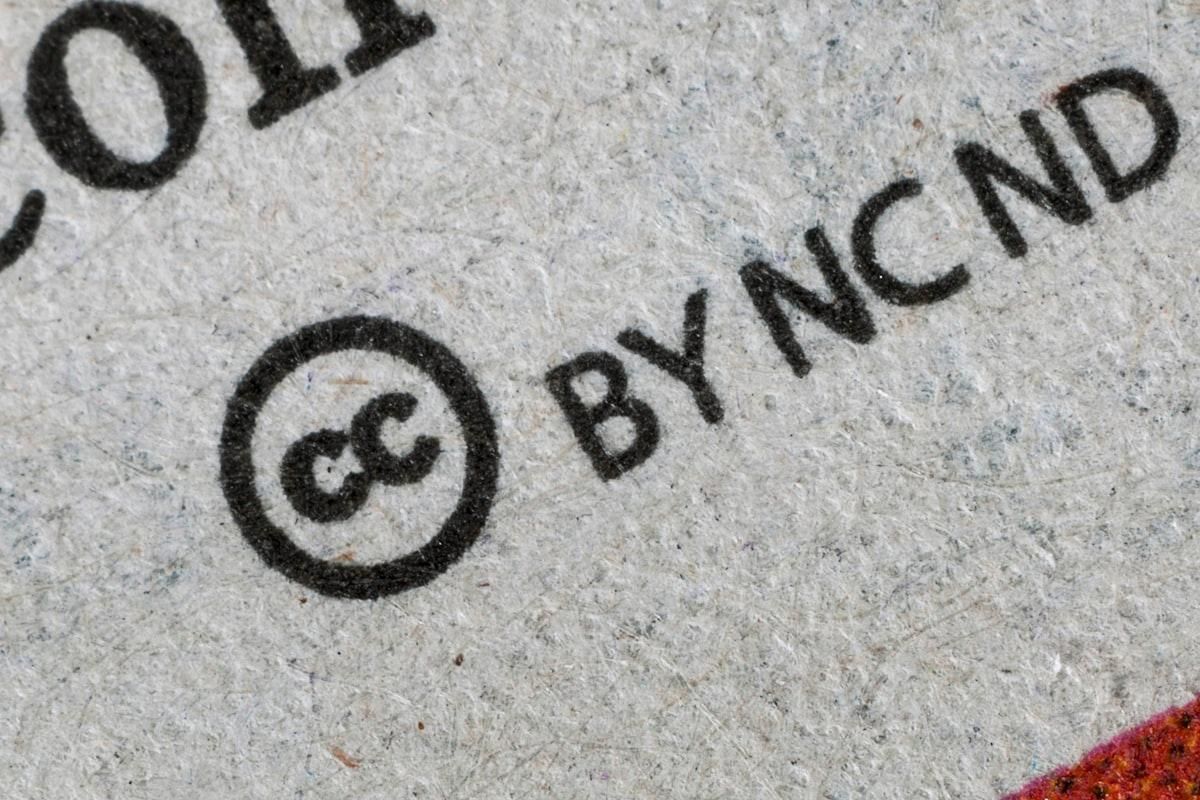
Copyright vs. Trademark FAQ (v2022-1)
What is the difference between copyright and trademark?
In general, copyright refers to the protection given to artistic works/creations like paintings, poems, or songs. Trademark is protection given to logos.
I've been using a logo for my business for a few years, do I need to register it?
Yes. For trademarks, registration is what gives the owner the right to exclusively use the trademark. If you don't register it, you can't exclude others from using it. Worse, if someone else registers your trademark, it will be difficult to secure your rights over it.
How about copyright? Do I also need to register my painting?
Registration of copyright is helpful, but unlike trademark, it's not necessary. Copyright vests at the time of creation. However, in the event of a conflict, the registration serves as evidence to support your position. Simply put, registration of copyright is recommended.
I will be employing graphic artists. Who will own the copyright?
The copyright for anything created by the artist as part of his regular duties as an employee belong to the employer.
I commissioned art. Who owns the copyright?
When there is no specific agreement, the copyright remains with the artist. However, the work itself will be owned by the person who commissioned it.
What rights does a copyright owner have?
Two important rights to know of are: economic rights and moral rights. Economic rights refer to the right to earn from the copyright. Moral rights include the right to refer to the right to claim authorship.
My company is coding dApps and other similar software, what protects my ownership over the software?
Software is protected by copyright. There is a process to register software.
If the owner of a copyright passes away, can other people freely use the copyrighted material?
No. Copyright continues for 50 years after the copyright owner passes away.